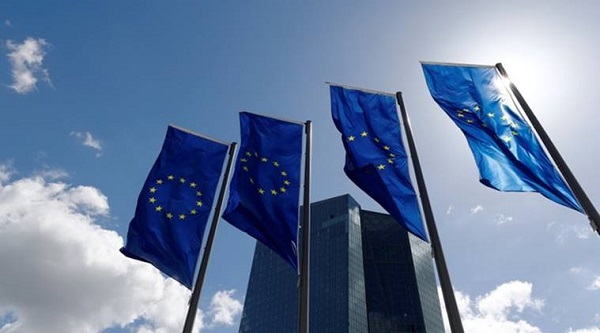Budapest, (Asian independent) The government of Hungary has accused the European Court of Justice (ECJ) of political bias and abuse of power following the latter’s decision to link the disbursement of European funds to the rule of law.
In late 2020, the European Union (EU) adopted a mechanism that allows the European Commission, the bloc’s executive branch, cut funding to member states such as Hungary and Poland that violate the bloc’s rule-of-law standards, reports Xinhua news agency.
In March last year, Hungary and Poland appealed against the decision at the ECJ, but on Wednesday the court rejected their legal challenge.
“The decision is living evidence that Brussels is abusing its power,” Hungary’s Justice Minister Judit Varga said in a Facebook post.
The ECJ has made “a political decision because of our upcoming referendum on child protection”, she said, referring to a legislation passed last year that bans the “promotion” of homosexuality to minors and to the government-initiated referendum on LGBTQ+ rights that is scheduled to be held simultaneously with the general elections on April 3.
“The ruling is another application of pressure on our country because we passed our child protection law in the summer,” she said.
Critics alleged that the new law discriminates against the country’s LGBTQ+ community.
The mechanism allowing the EU to slash funding to member states “is intended to protect the (European) Union budget from effects resulting… from breaches of the principles of the rule of law” and is thus allowed under the EU Treaties, the ECJ said in its ruling.
“The sound financial management of the Union budget and the financial interests of the Union may be seriously compromised by breaches of the principles of the rule of law committed in a member state,” it added.
The ruling puts Poland and Hungary at risk of losing access to billions of euros in EU funding.
Referring repeatedly to the scheduled April 3 referendum, Varga told journalists that “even Brussels will not be able to ignore the voices of the Hungarian people”, adding that the dispute was “never about the rule of law, but about the protection of children”.








